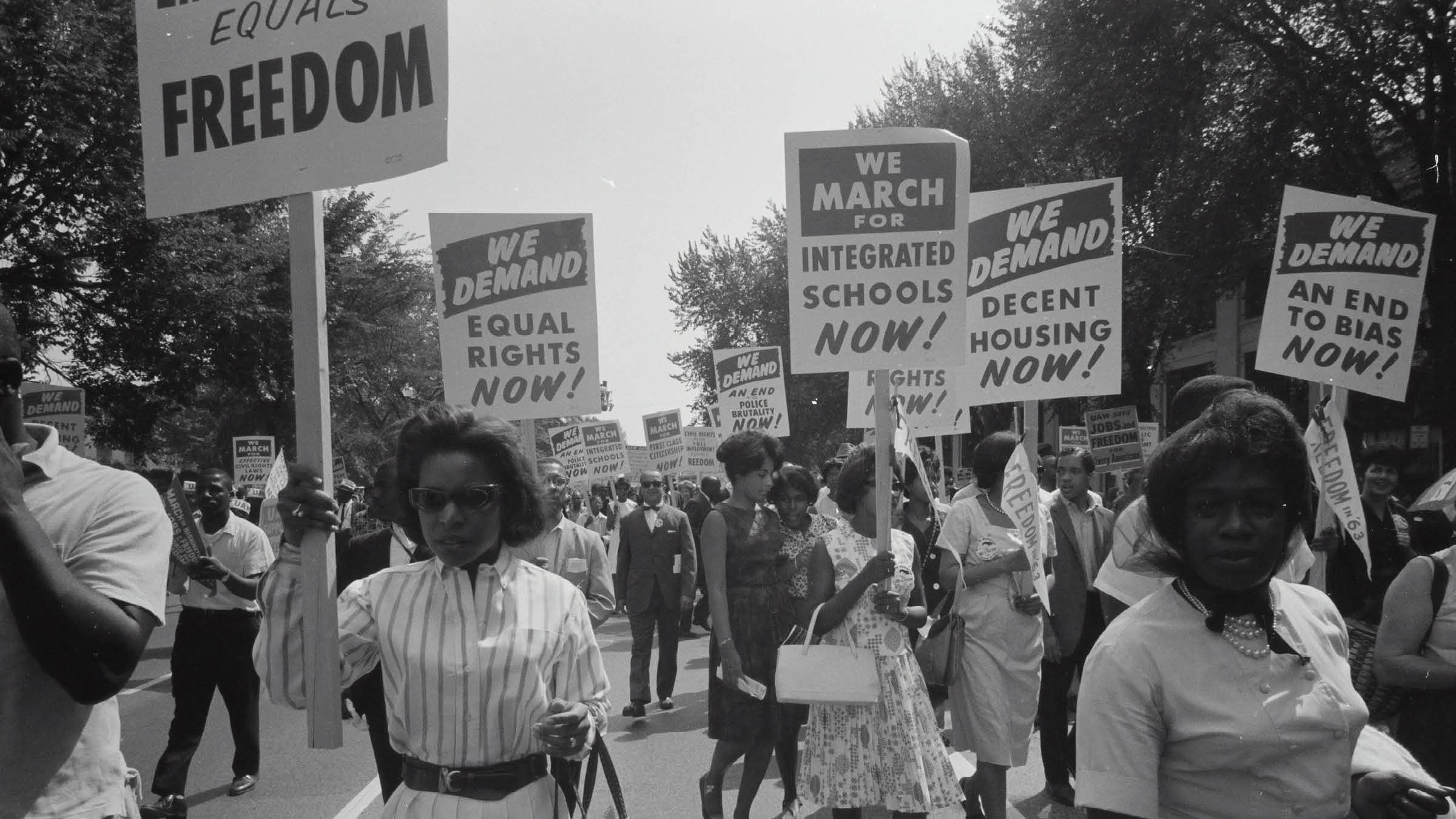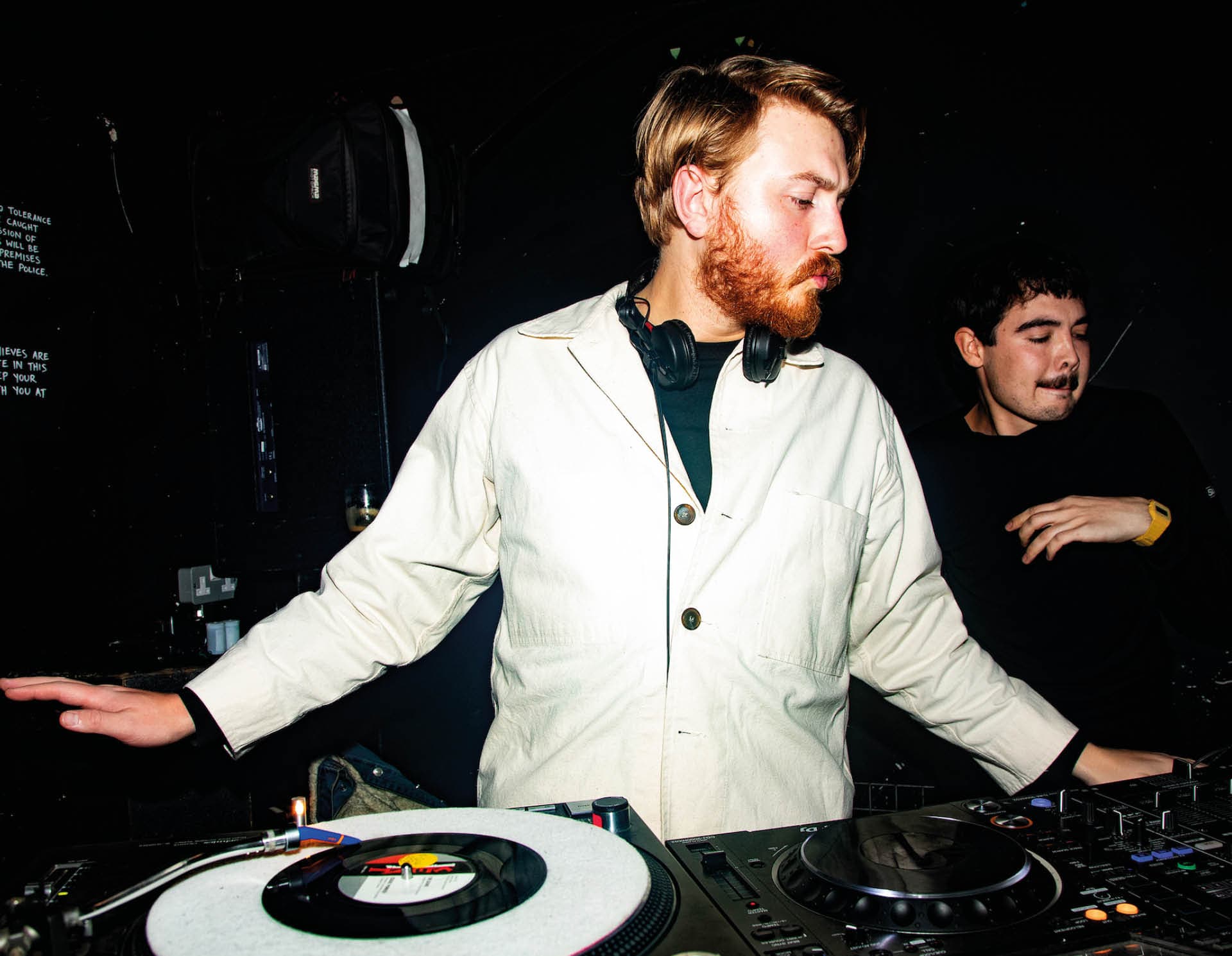Black female artists are the unsung heroes behind northern soul

Growing up, I remember my mum blaring northern soul out of the Kenwood stereo system that my parents had bought as an investment, the voices of Diana Ross and The Supremes, Martha and the Vandellas and Gladys Knight ricocheted off the living room walls, as she’d twirl around replicating the moves she’d learnt from her mother and aunts. The tracks were curated and compiled onto a 2-disc ‘I Love Northern Soul’ CD mum had picked up from the local HMV.
As Beatlemania captivated the youths of 1960s Britain, a select few chose to rebel against the norm and stray away from the polished boy bands. This culminated with the formation of the northern soul craze, which combined American Motown music with a truly British edge. Amongst a backdrop of racial tensions and mass unemployment, the voices of Black female artists, that filled the dancehalls of Northern England provided an escape from everyday life.

Following in the footsteps of my aunts and my mother, I’ve often been known to waltz about my local dance halls here in London at the many northern soul nights on offer. Notably, the DJ collective Deptford Northern Soul Club, who hold regular nights at Hackney’s MOTH Club and Manchester’s Yes, but have also brought their love for Northern Soul to Glastonbury and Green Man Music Festival, to name a few.
I caught up with Will Foot, one half of the DJ collective to pick his brain about what northern soul means to him. “The music is incredible. It’s emotional, easily danceable and a lot of the themes are still relevant today. On top of that northern soul nights are pure joy, escapism and collective togetherness,” he tells HUNGER. “You can’t help dancing, you’re swept up in the music, inspired by the experienced dancers and made to feel welcome by the regulars. I think northern soul nights are an antidote to the current stresses of life, the rampant individualism of society and homogenised culture that we consume through our phones every day.”
It’s no surprise that northern soul was born out of the desperation of teenagers from northern towns, as it granted them an escape from the humdrum mundanity of everyday life, as unemployment soared with the closures of mines which were the lifeline of the northern workforce, thanks in part to the Tory government. From the 50s onwards, the UK welcomed migrants from the Commonwealth, in particular families from the Caribbean, who travelled to the UK to find work. Attitudes towards the new Black population in the UK was often hostile, so much so that by 1972, the National Front (Britain’s largest far-right party since the war) had reached 14,000 members, the highest peak of membership since its formation. Despite these attitudes, Northern Soul offered a release in the dancehalls, free from the racial tensions, as the Black and white youths assimilated alongside each other.
Speaking to my close friend, Kieran Daly, a Liverpuldian playwright and northern soul fan, on the importance of Northern Soul in his hometown of Liverpool, he tells us: “Northern soul invited the embers of contemporary DJ culture to spark and brought two vastly different but, nevertheless, culturally rich communities together – paired with unique dance styles and off-main-street venues, which became the heart of communities for the first time since their hay day in wartime Britain.”
Across the pond in the States, the late 60s ushered in the Civil Rights Movement, those songs of Black strength and rebellion against archaic laws were being echoed in dance halls up and down the UK. Songs such as ‘RESPECT‘ by Aretha Franklin released in 1967, which directly called for social change towards the Black community in the US. The American-born black female singer, Gloria Jones found great success in the UK, thanks to her hit ‘Tainted Love’ being discovered by the DJs of Wigan Casino. Her success across here, across the pond, was so great that she was soon dubbed ‘The Queen of Northern Soul’ to the point where 80s Northern synth-pop duo, Soft Cell covered the song, paying tribute to its success on the northern soul scene.
In fact, the northern soul movement adopted the clenched fist logo sporting the slogan “Keep The Faith” which was directly inspired by the Civil Rights Movement – the black clenched fist against a white background signified the union of both communities in the unlikely settings of northern dance halls.
From the 50s onwards, the UK welcomed migrants from the Commonwealth, in particular families from the Caribbean, who travelled to the UK to find work. Though attitudes were often hostile towards the Black population in the UK, as the National Front (Britain’s largest far-right party since the war) reached a peak in its members in 1972. Northern Soul offered an inclusive environment for Black youths, assimilating themselves alongside their white peers. As Daly continues: “The northern soul exists now as a twilight vocation for those who appreciate an environment designed for the expanding class considered undeserving of cultural exclusivity, and empathise with a surviving cult following that is, frankly, too earnest to be gentrified.” And as London based radio DJ Naomi Senior adds: “Black people weren’t allowed to be played on chart shows or on the same record labels back then. Motown songs that were blacklisted in America originally, found there way to the north of England, for working class white people to discover and connect with”
“I just thought it was amazing how two worlds could connect over just music and how it had a massive rebirth today, with young people really attending these nights and just dancing, being present. Demonstrating its like timelessness and how it’s still very very relevant today,” Senior concludes.

